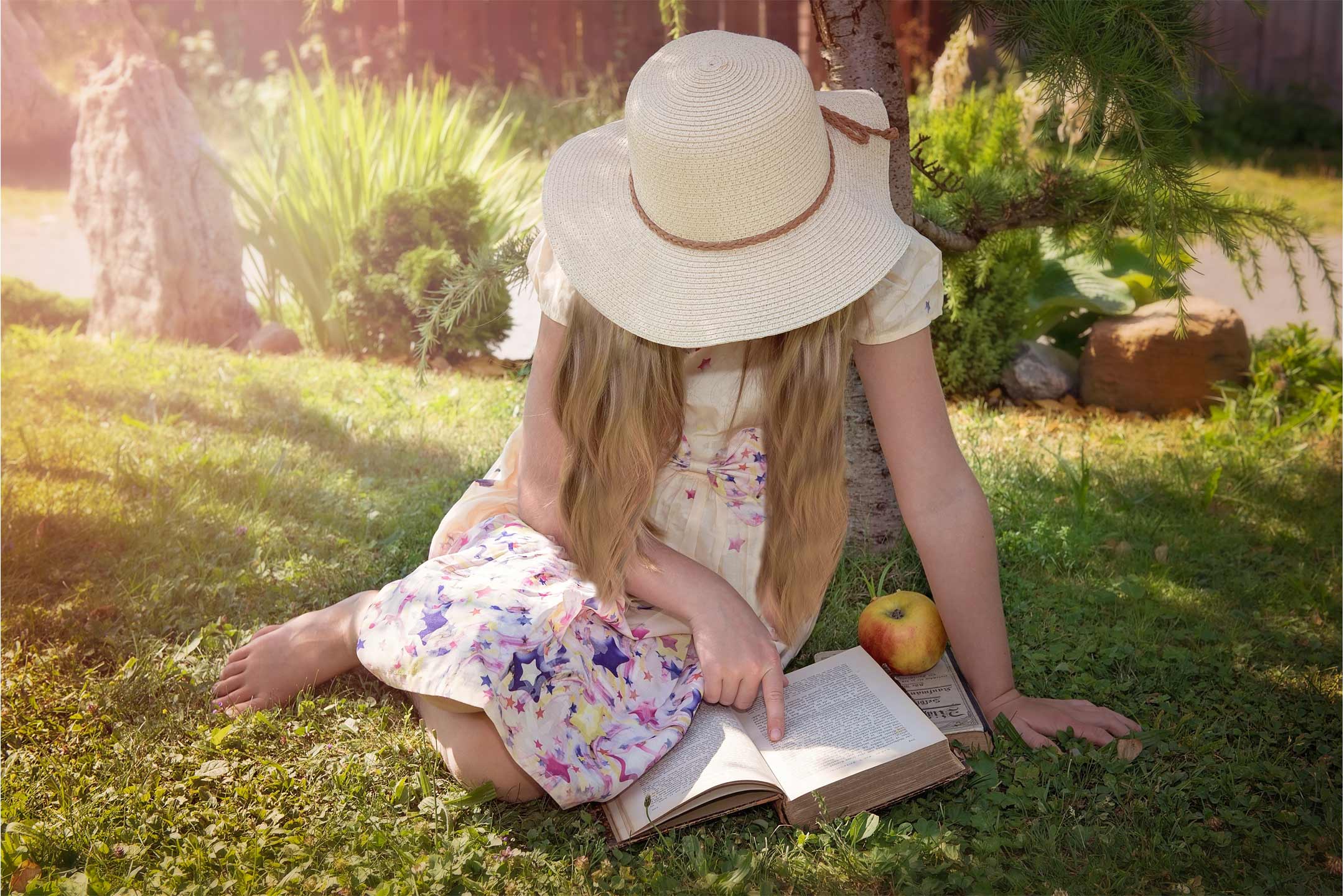
19 Aug How books play a crucial role in the transitional phase between primary and high school.
Children transition from primary school and into high school, carrying with them skills, attitudes, and values toward learning and in particular, reading. It is widely accepted that the purpose of education is to provide children with the skills to learn and participate in society. While others might debate on other words to describe this purpose, learning the skills to read is essential as children transition from primary studies and into high school.
Picture books carry a simple message, weaving tales and bringing life to the joy of reading. It is not surprising that illustrated novels and other texts have much the same effect on young people expanding their love and enjoyment of reading for pleasure. The necessary and important skills to construct meaning from text are usually developed during the beginning years of formal schooling. Children who begin infants/prep school already having developed the fundamental skills of reading are more successful in later academic study, and in life, generally.
Reading for pleasure and reading for purpose are distinctions that can be used to describe the skills that students develop during the transition between primary and high school. A skilled teacher can draw younger students into colourful pages of picture books, images dancing and text-forming bubbles to engage learning. The vigour of young children who are excited to learn and willing to suspend reality rely heavily on books. In the formal sense this is reading for a purpose. The teacher is usually introducing young learners to reading with the purpose. not only develop fundamental skills but to decode and make meaning from text. This can also carry social and cultural messages.
Just as the annual school photos capture the journey from starting school and into high school, the books read along the way reflect the growing complexity the young person experiences as they grow into their bodies and take on their adult identity. Famous books like the Harry Potter or Tomorrow When The War Began confirm in the readers mind their own experience of growth or that of those around them. They give permission for self-understanding, but also empathy for those treading a different path around them.
Books transmit the social and cultural history of society.
Learning to read opens the gate that children can race through and into life. The physical, social, and emotional challenges that children experience as they grow into the teenage years can be supported with the books and other texts to guide children along this journey. Books are written for a specific purpose and audience. The simple text of three or four lines on a page with a picture might entertain and inform a younger child but is not suited for an older student. Books that expand into short stories and then chapters feed the minds of older students.
Parents can play an important role in supporting their child moving from primary school and into high school. The pages of much-loved picture books might fade and tatter, but they remain an emotional cushion for a tired teenager. Chapters of books filled with adventures, the comics and shiny magazines can help growing children wrestle with their emotions that ebb and flow during teenage years. Talking about the books you’ve read shows children you have an inner life, and that they can have one too.
Schools organise books and determine what is appropriate for each grade. Parents have the same opportunity with the books in their home. It can be challenging to fit a child with a book, much like shoes, they usually grow out of them quickly!
Books are more powerful than online computer games. Books can be read in a quiet corner and shared with friends. Books inform, engage, and energise children in learning. While there are e-books, pdfs and any number of devices used to read texts, books don’t need batteries nor a high-speed broadband connection.
 by Rochelle Borton from Eduinfluencers – Australia’s leading professional development program that specialises in delivering enriching workshops, coaching and strategic consulting for educators, teams, schools and school leaders. Rochelle’s humble beginnings began with just 1 four-part course that has grown to include hundreds of courses, seminars, webinars, workshops and professional training.
by Rochelle Borton from Eduinfluencers – Australia’s leading professional development program that specialises in delivering enriching workshops, coaching and strategic consulting for educators, teams, schools and school leaders. Rochelle’s humble beginnings began with just 1 four-part course that has grown to include hundreds of courses, seminars, webinars, workshops and professional training.
